There are just too many diverse ways to homeschool or home-educate. Here we investigate and try to give a definition of wildschooling. What is wildschooling and how do you start wildschooling? Is there such a thing as a wildschooling definition and what is the underlying philosophy of homeschooling, with a little more wild? We tend to use “homeschool” to cover everything here on this site, but in the 16 years we’ve been educating outside school, we’ve done a fair amount of wildschooling. maybe. We talk about how we think we’ve incorporated wildschooling into our homeschooling or worldschooling lifestyle and how you can too.
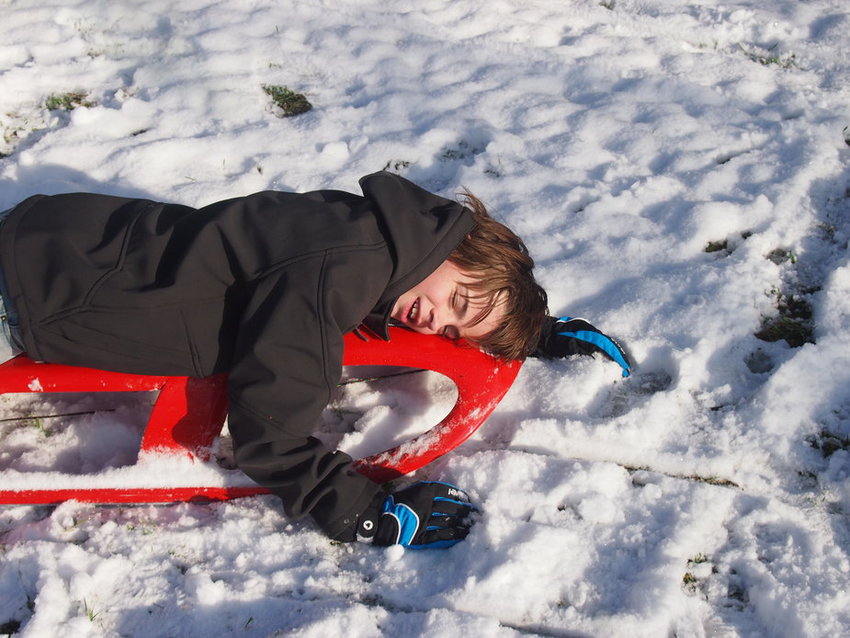
Table of Contents
What is Wildschooling?
The best wildschooling definition we’ve found is this. Wildschooling is a noun describing a parenting method where natural joy and creativity are allowed to flourish. Wildschooling falls under the unschooling umbrella and involved a deep connection with nature.
Freedom and this connection, nourish body, soul, and spirit in the wildschooling child.
It sounds rather lovely and reminds me of our experiences with forest school along with regular child-led learning methods. It’s certainly something that my children have experienced in spades over the years although I never knew it had a particular name of its own.
Wildschooling Benefits
My investigations into wildschooling led me to Nicolette Sowder from Michigan USA. She lays claim to being the creator of wildschooling and has a website, Wilder Child, dedicated to her family’s wildschooling journey.
She really does seem to be the only authority on this subject, so the information below comes largely from her terms and definitions.
- A wildschooling child gets to connect with their wild. The nature/child connections stays strong.
- Close connections also form to the child’s exterior wild. They are able to integrate with their natural, wild, environment.
- Time is more closely linked to seasons and cycles than to timetables.
- As in unschooling, wildschooling puts trust in the child’s natural growth and development. It is child-led and child-responsive.
- A child-led, unique educational pathway is possible.
- Group involvement and multi-generational lifestyles and learning are encouraged.
- The old ways and rituals are passed on from elders to children.
- Wildschooling is inclusive, you can wildschool when you are able.
Wildschooling as Part of Homeschooling
Wildschooling has really been unavoidable for us over our years of homeschooling. We’re not your boxed curriculum homeschoolers, never have been.
We’re ultra-relaxed, super eclectic and well, we just do what works. I’m going to reflect here on our wildschooling activities and lifestyle elements as part of our homeschooling.
I hope to give you some ideas to incorporate wildschooling into your homeschool set-up.
Obviously what works changes over the years. Homeschooling or wildschooling at six-years-old looks very different to homeschooling at 16-year-old teen. It’s our job as facilitators to look closely and respond to changing needs and wants in our kids.
My boys were born in London, where we had a garden, collected conkers and fed the ducks. Later we upped sticks to Australia, a reef and a rainforest were our playgrounds. Some time later we set off to travel, we were worldschoolers. During this time we tried Forest School, lived in a remote village in Romania and have experienced all and any variety of wild. Has it been beneficial, enjoyable, or important in our growth over the years? You bet!
Wildschooling Vs Unschooling
Unschooling is completely child-led education. Wildschooling can be unschooling, with more connection to nature. If your wildschooling is not child-led, then it must fall under the homeschooling umbrella
Wildschoolin if Kids Don’t Like Going Outside
Our wildschooling, although we didn’t know that was what we were doing, has been massive and has given us some of our best experiences to date. But I say that with one very big reservation, it was often incredibly hard to get my kids outside. I’m adding that because I know how common this is.
You see, growing up in the very hot tropics, it’s just not nice out there. Temperatures are extreme, applying sunscreen is tedious and it’s just more comfortable and safer inside.
I have one child who detests sand, always has, always will. So although we live on a beach, we rarely go there.
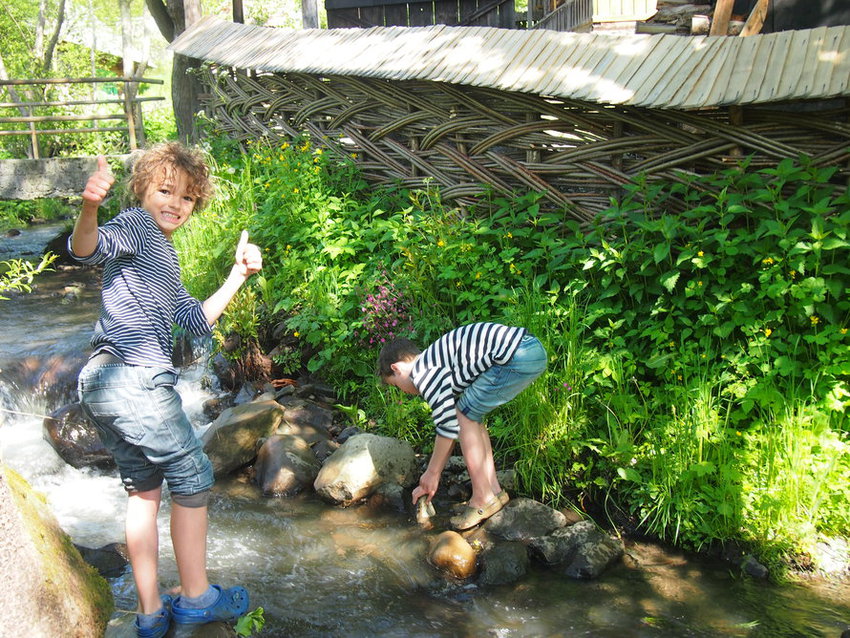
Instead, we found what worked for us. We love winter, snow, skiing, and the high Himalayas. If you don’t have an outdoors kind of child, you shouldn’t try to fix that, they are who they are.
Although their wildschooling was limited by climate when they were younger, we more than made up for it later in their childhoods. I think that’s something all homeschoolers should keep in mind. You don’t have to do all of the things, all of the time.
We’ve always been feast or famine with most things. We’ll go weeks outside, followed by weeks online. It all comes together to make a life.
Part of the wildschooling definition involves allowing natural creativity to thrive. My kids are very naturally creative on their computers and are more expert than me in many ways now. We’ve rarely set limits on their online time and encouraged their progress. Does that count as wildschooling?
Wildschooling Allows Connecting With The Land and The Seasons
We lived in Romania for three years in a village sometimes described as being home to the last peasant culture in Europe.
The connection to nature, traditions, community, the cycles of farming, and intense seasonal variation made us all deeply happy. Most people will never experience anything like this, most people wouldn’t want to, but we’re so incredibly privileged that we did.
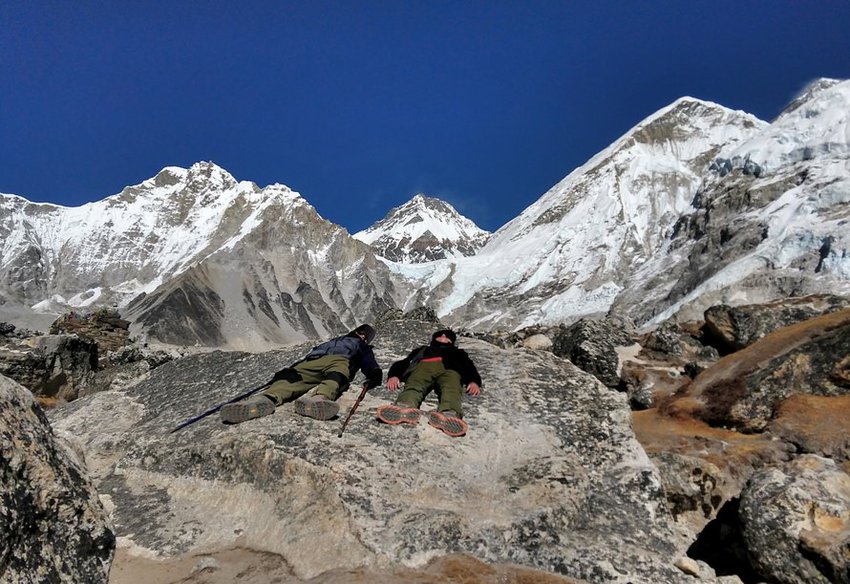
I can’t sum up three years in just a paragraph, but this period, where my kids could roam freely and safely around the meadows and pastures and observes the cycles of life, growth, and death were just magical. They learned to cut grass with a scythe, build haystacks, chop wood for survival, and go to the bathroom outdoors at minus 20 degrees C. City life, shop-bought food, and modern conveniences insulate us from nature.
In Romania we felt nature raw and real.
Now we grow food in the tropics. Even in a climate with far less seasonality the slow observation of seasonal change is a joyful experience. You learn to love winter so much more when you take time to fully observe it.
Wildschooling and Forest School
We dabbled with Forest School in London. For us the connection with nature was really no greater than in our every-day lives. We got out to play in the woods and along the Thames daily. We went to Forest School to hang out with other humans.
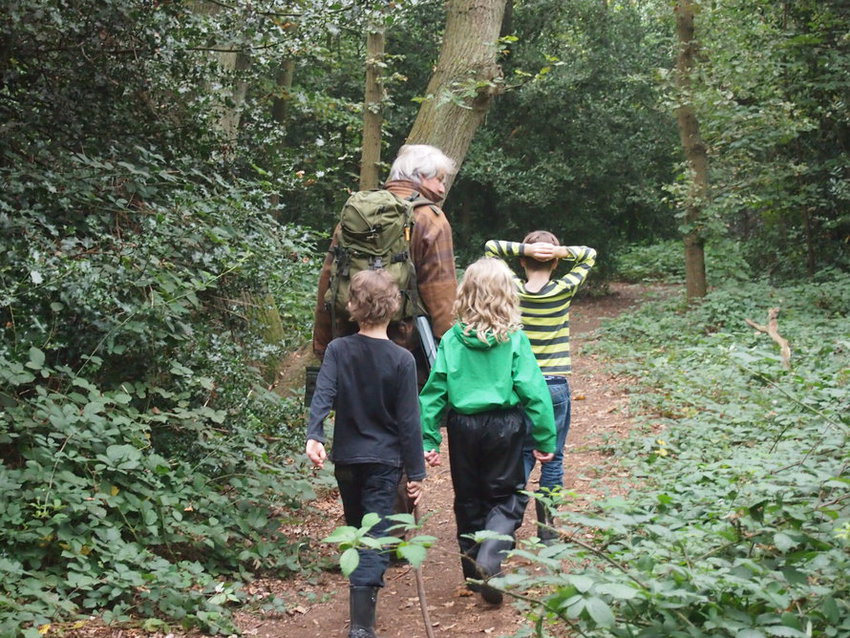
We didn’t know a soul in London when we arrived, 10 months later we had new best friends. Forest School was great for us. If you’re an outdoor family with plenty of freedom, I don’t see that it adds a huge amount. But for city kids, if they never get to climb trees, make fires, or play in the mud, freely, it’s gold.
You should be able to find a forest school near you and incorporate this into your homeschooling, unschooling, wildschooling, or unschooling.
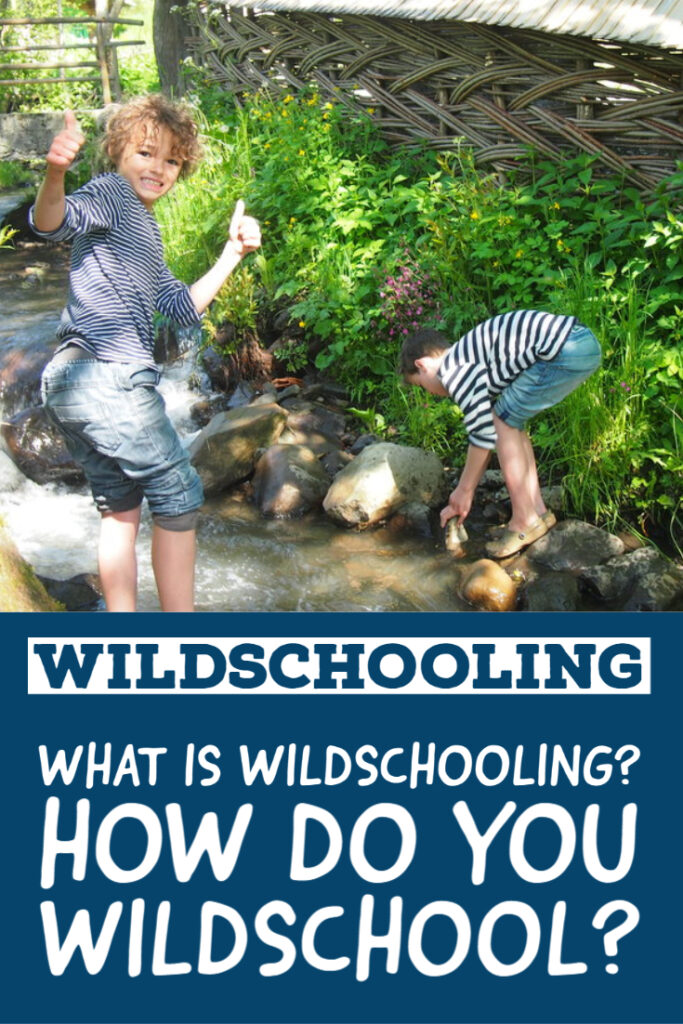
Wildschooling and Homeschooling
Wildschooling and homeschooling blurred into one for us, we think. We were never rule-followers, we did what made us tick, never sticking to any homeschooling methodology.
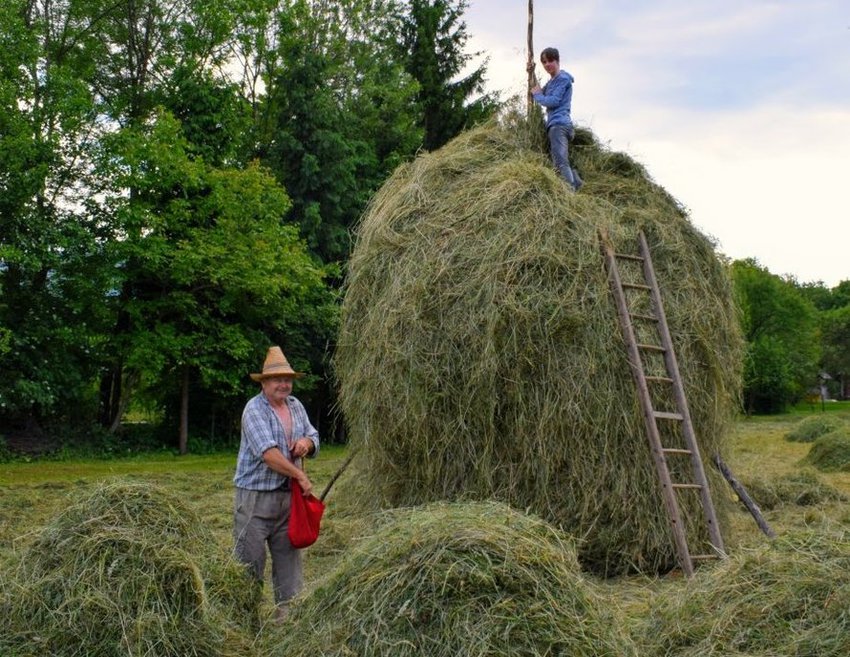
I know that connecting with nature was good for me so it must have been good for the boys. I was never happier than in Romania where we felt nature so sharply. Our community there was part of that. We had a network of friends who knew the land and were happy to share their secrets.
So that was just my ramble about wildschooling. The more I wrote and researched, the more I realised that I don’t understand it. I don’t get wildschooling. To me it’s just part of life. But I guess that’s as annoying to the initiated as those who say they homeschool on weekends and in holidays.
If we wildschooled, at all, this was how it looked for us. Is what we did wildschooling? I don’t know, maybe there are stricter definitions than those I know about. What I do know, for sure, is that my kids had amazing childhoods, are academically capable despite never attending school, and that I wouldn’t change a thing. Is wildschooling something you’re expert on? Tell us more in the comments, we’re always ready to learn. Want to read up on worldschooling, maybe figure out your worldschooling curricum, you need our post!
Marianne says
What a great post. Wild schooling appeared in my Pinterest feed yesterday and I was intrigued. I’m glad you came to the same (sort of) conclusions I did. It seemed to me another way of just saying living life to the full and as intentionally as possible. But I may be wrong on that. Whatever the definition may be your life seems spot on to me. Thanks so much for sharing.
Alyson Long says
Hi Marianne, thanks. I’m always intrigued by these various new terms and definitions. I think there must be more to wildschooling than I’ve managed to uncover so far. With all types of schooling, I always want to see the older kids, not the pre-schoolers and junior-school aged kids. My own boys are in the final year of highschool now, so I’m interested to find out how everything applies to the big kids. Thanks.